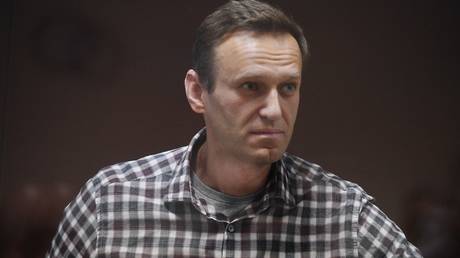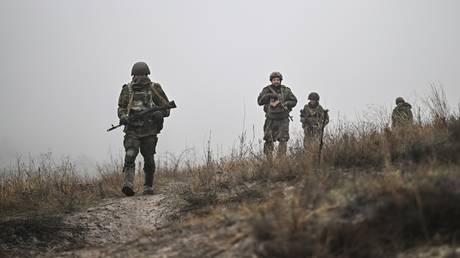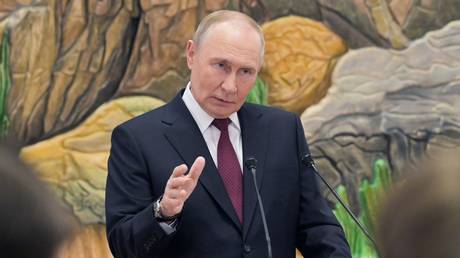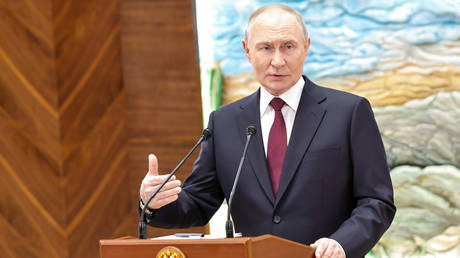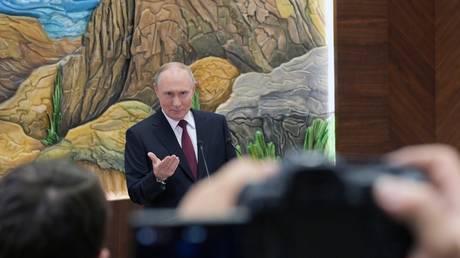The Arctic wind howled across the Russian prison yard in February 2024, carrying a silence that would soon echo around the world. Alexei Navalny, a relentless voice of opposition, was dead. His passing, while officially attributed to natural causes by prison authorities, ignited a firestorm of grief and accusations.
For years, Navalny had stood as a defiant figure against the established power, exposing corruption and challenging the status quo. His activism wasn’t without consequence; a harrowing poisoning attempt in 2020 left him fighting for his life, an incident widely suspected to be orchestrated by those he opposed. He recovered, only to be returned to imprisonment on charges his supporters deemed politically motivated.
The news of his death sent shockwaves through his family and a dedicated network of followers. They immediately pointed fingers at the Kremlin, alleging a deliberate act to silence their most prominent critic. The Kremlin, predictably, vehemently denied any involvement, maintaining a steadfast claim of innocence.
The official explanation – death by natural causes – felt hollow to many who knew Navalny’s unwavering spirit and the harsh realities of the Russian penal system. Doubts linger, fueled by a history of repression and a pattern of silencing dissent. His story remains a stark reminder of the risks faced by those who dare to challenge authority.
Navalny’s legacy isn’t simply one of political opposition; it’s a testament to courage in the face of overwhelming odds. His fight, though tragically cut short, continues to inspire those who believe in a future where truth and accountability prevail, even in the darkest of times.
